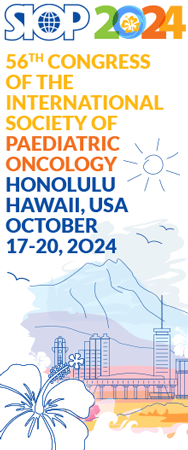This statement is submitted by UICC, WCRFI and SIOP, supported by ECCO and NCDA.
The current pandemic is highlighting and widening inequities in health systems globally. Effectively tackling COVID-19 and its repercussions requires a comprehensive, coordinated global response. We welcome the recognition of key vulnerable groups including those with pre-existing conditions like cancer and other NCDs within the proposed resolution on the global COVID-19 response. As Member States develop national COVID-19 action plans, we urge governments to integrate measures to:
- Recognise cancer patients as a vulnerable population, including children and adolescents.
- Safeguard essential cancer services including vaccination, screening, surgery, radiotherapy, and access to essential medicines and palliative care. COVID-19 induced disruptions to care will result in delayed cancer diagnoses, increasing complications and preventable cancer morbidity and mortality, placing additional pressure on weakened health systems.
- Mitigate the unintended consequences of lockdowns on cancer risk factors particularly tobacco and alcohol use, poor diet, and physical inactivity as these often impact the poorest and most vulnerable disproportionately and will contribute to a greater disease burden once the pandemic subsides.
- Use recovery plans to advance universal health coverage. The global focus on health provides an opportunity to mobilise renewed political and economic capital to develop national UHC plans, packages, and financial protection mechanisms. We urge Member States to integrate National Cancer Control plans into national COVID-19 action plans, and meaningfully engage people living with cancer and NCD in their development and implementation to ensure the maintenance of essential services.
- Share lessons learned from the pandemic including integrating funding, risk communications, primary health care, diagnostics and real-time data sharing into COVID response systems to support national responses and recovery.




